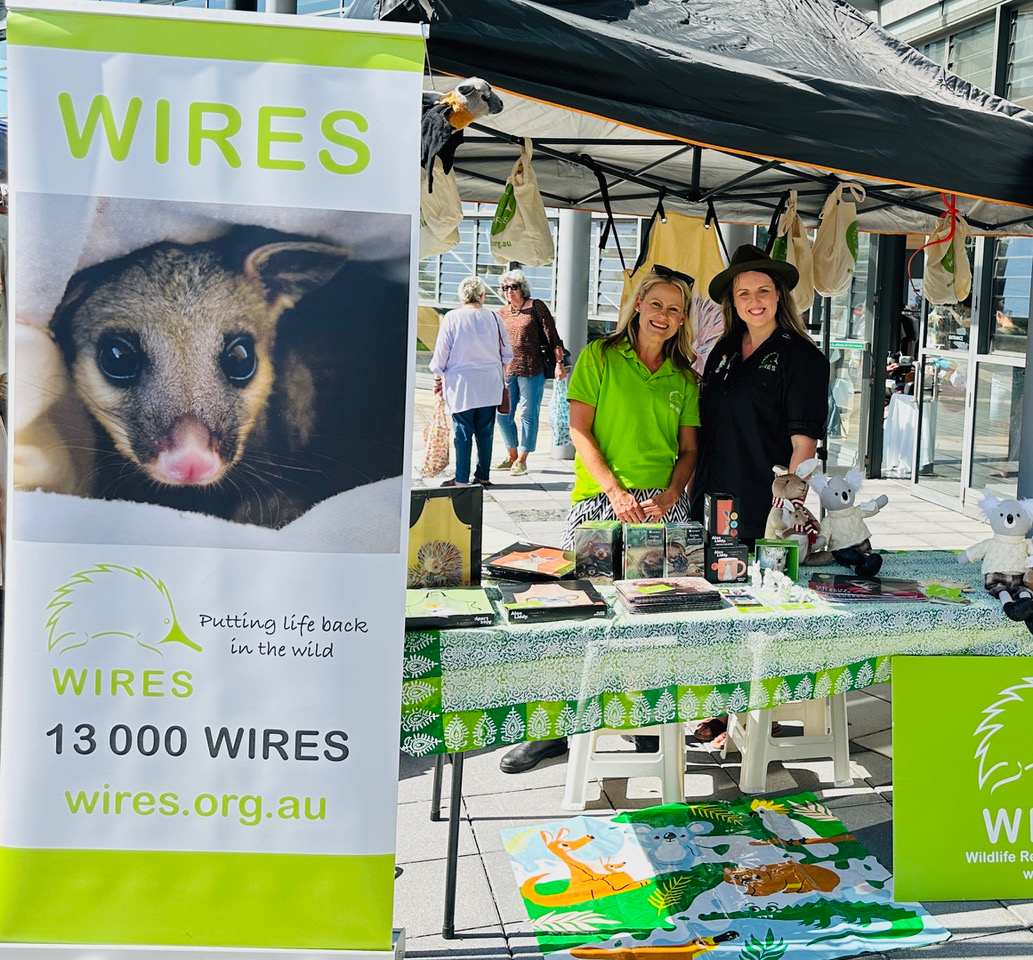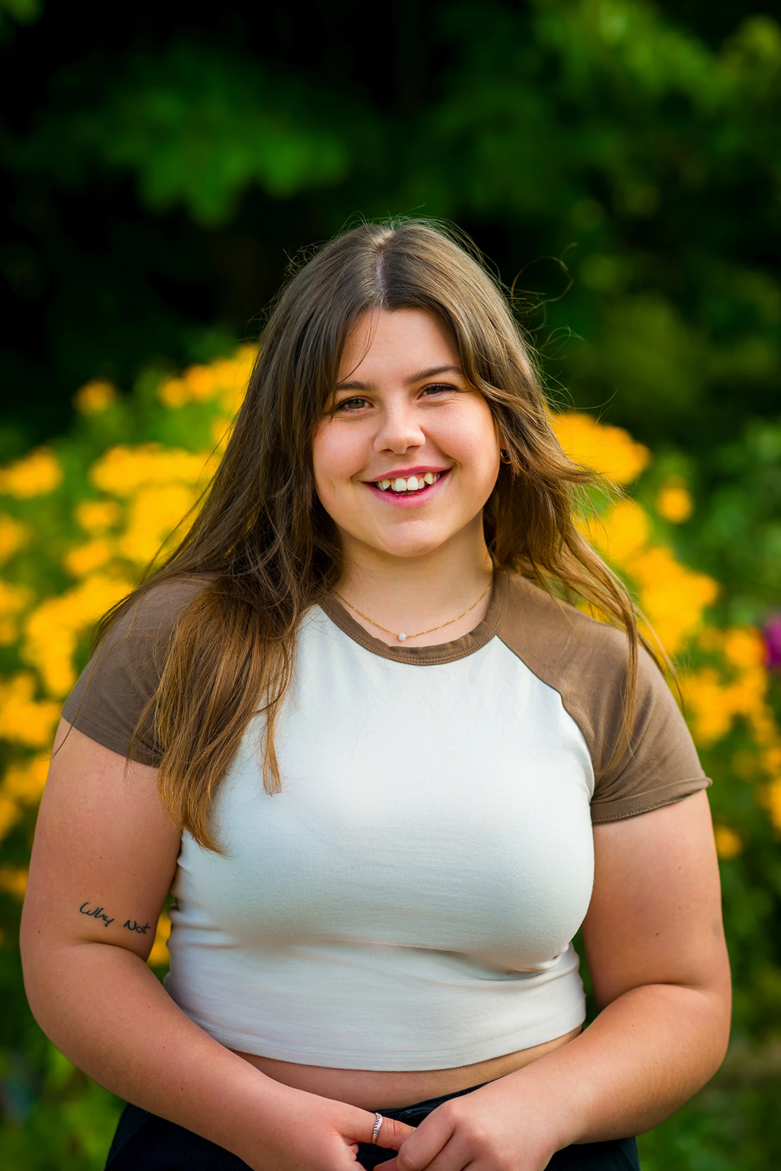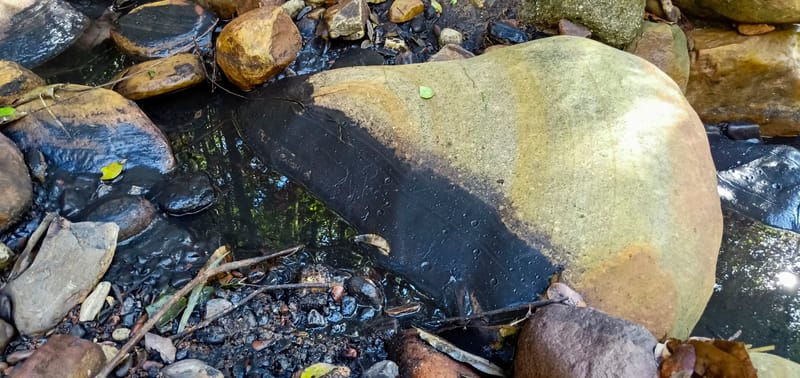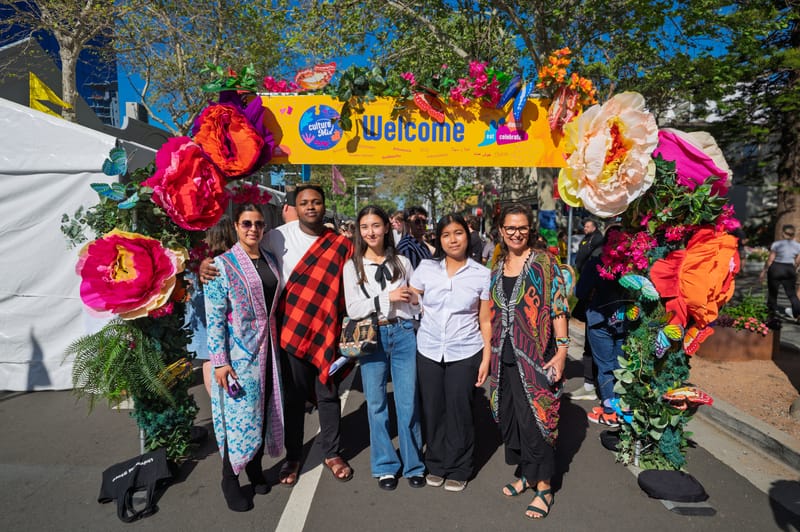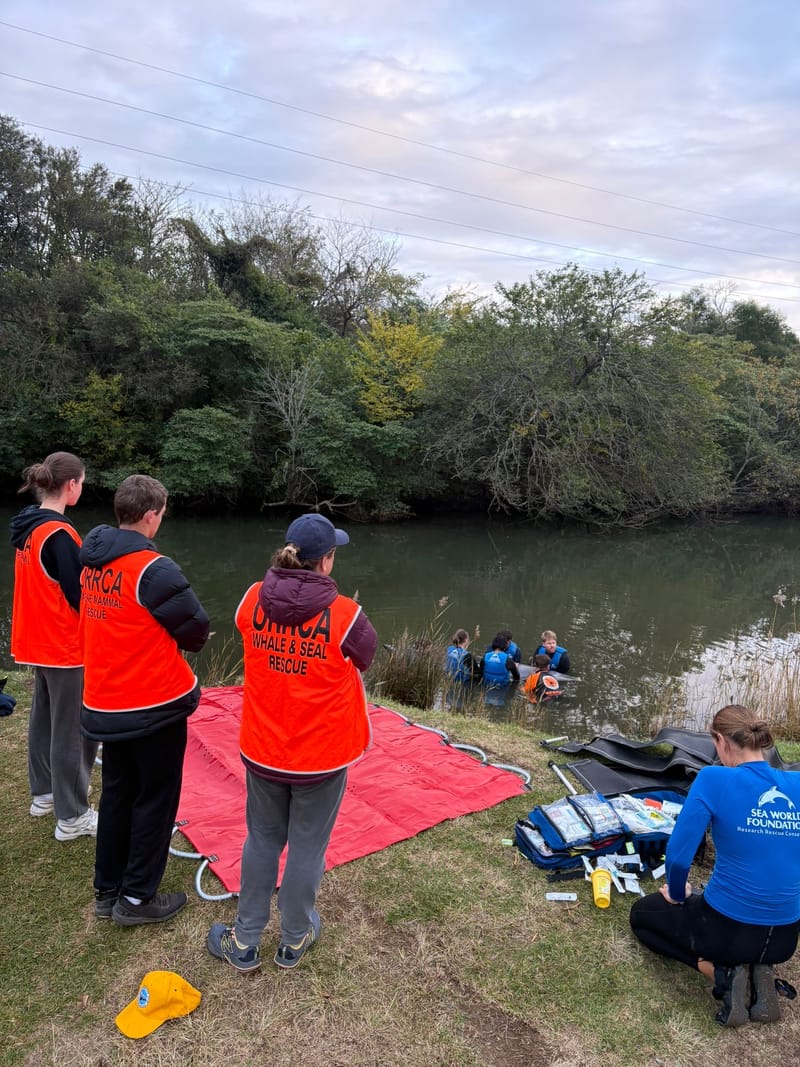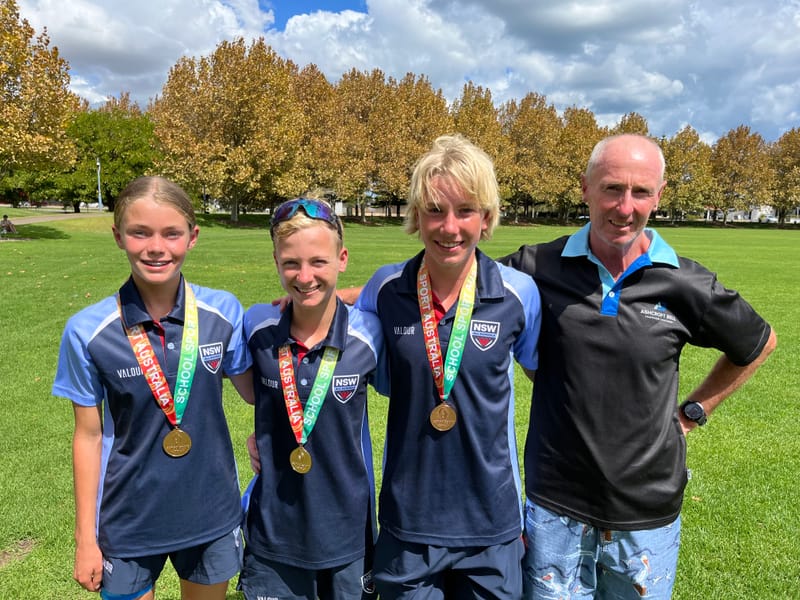Look out! Marsupials about: WIRES calls on drivers to take care on our roads
Drivers are being warned to take extra care at dawn and dusk as winter is a dangerous season for wildlife on our roads. “With the shorter winter days, there’s more of a chance that cars will cause problems with wildlife on the roads," says Jennifer Kay, an Illawarra branch volunteer with the Wildli
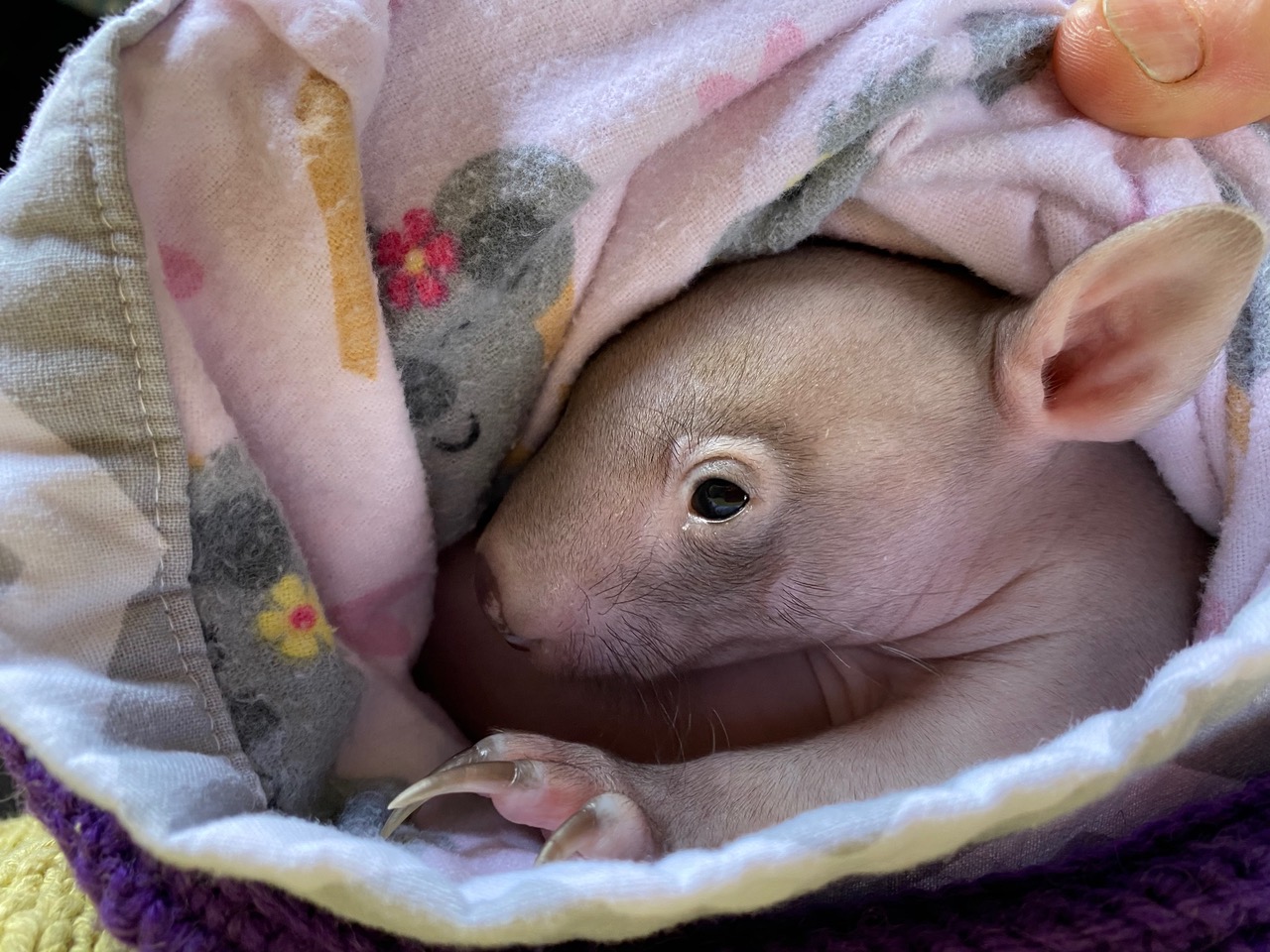
Drivers are being warned to take extra care at dawn and dusk as winter is a dangerous season for wildlife on our roads.
“With the shorter winter days, there’s more of a chance that cars will cause problems with wildlife on the roads," says Jennifer Kay, an Illawarra branch volunteer with the Wildlife Information, Rescue and Education Service (WIRES).
"Some of our native wildlife are nocturnal, so particularly in the evening’s peak traffic, we’re asking motorists to be extra careful and cautious when they’re driving between dusk and dawn in known wildlife areas.”
During winter, kangaroos, possums, wombats, koalas, echidnas and quolls are at extra risk, being more likely to cross roads during their feeding times.
“If you do accidentally hit a native animal on the road, it needs to be quickly assessed by a vet – the sooner the better. So the best thing to do is report it immediately to WIRES,” Jennifer says.
She recommends noting the location of the stuck animal, then reporting it to WIRES' 24/7 rescue office on 1300 094 737. During winter, it’s important to check injured animals for a pouch, as female marsupials may carry young at this time.
“It’s important to check animals like kangaroos, wallabies, possums, koalas, wombats, echidnas and quolls. They may have a baby joey in their pouch and call WIRES to alert them, because the joey can survive for up to three days in their pouch, even though the mother might be dead,” Jennifer says.
“WIRES will come out and rescue the baby. We also ask that if you hit a kangaroo or a wallaby, you turn the animal on its back before you drag it off the road, otherwise the baby in the pouch on its stomach will be injured.”
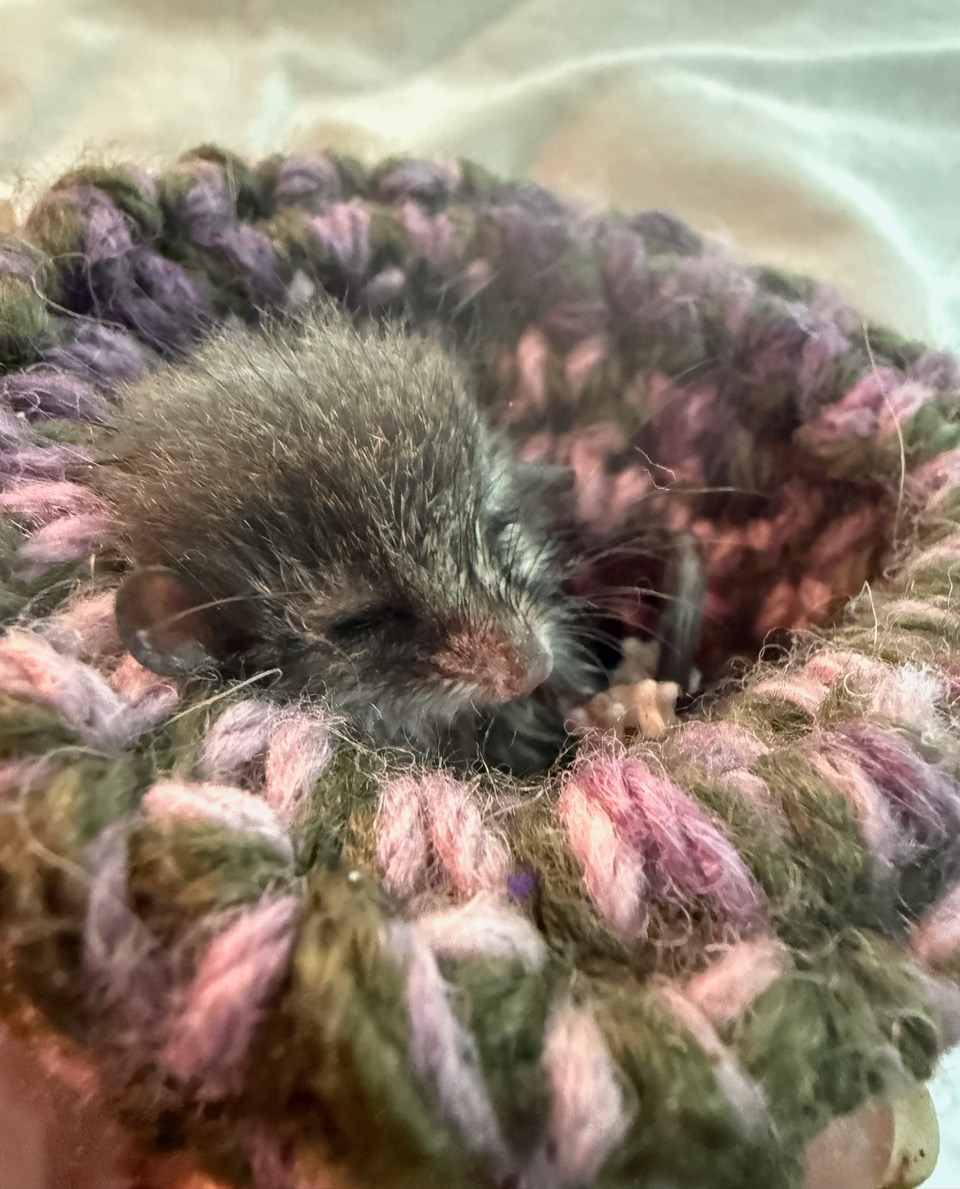
Jennifer formerly worked as a teacher librarian at Keira High School, and now she is dedicated to fulfilling WIRES’ mission to educate locals on responsible wildlife protection practices.
“We’re extremely grateful to our local residents," Jennifer says. "We have so many who care about wildlife and do contact WIRES. The Illawarra branch has taken over 6,000 calls from the community in the last 12 months. There are so many people who do the right thing and help wildlife where they can.”
To protect wildlife, Illawarra locals can do the right thing at home and manage their pets.
“Responsible pet ownership means helping protect our wildlife by keeping dogs and cats inside at night – many of our animals are nocturnal and at greater risk of attack,” Jennifer says.
“Also, if you have possums living in your roof, or inappropriate place around your yard, please consider creating an alternative home for them – either a possum box for the Brushtails or a drey for the Ringtail possums.”
The Illawarra WIRES branch can provide locals with pre-made possum dreys and boxes or advise on how to make them.
WIRES emphasises that unlicensed people must not take orphaned animals home – calling WIRES is the best course of action for the animal’s survival.
“It is absolutely critical to never attempt to raise an orphaned native animal yourself," Jennifer says.
"Our native wildlife are protected so it’s illegal for anyone unlicensed to handle them, feed them or keep them. Native animals have very particular diets and specialised milk. They require a trained wildlife volunteer to give them the best chance of survival.”
Want to get involved? To become a trained WIRES volunteer, email info@wires.org.au or visit the WIRES Illawarra branch website.
